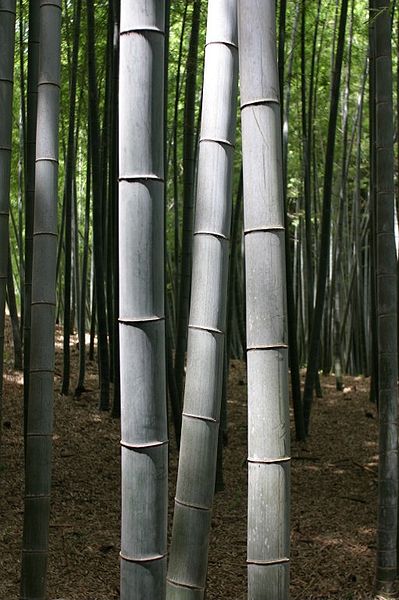Bacteria that can degrade the woody material in plant waste and turn it into an  oil-free feedstock for plastics manufacture have been developed by scientists at Warwick University in Britain.
oil-free feedstock for plastics manufacture have been developed by scientists at Warwick University in Britain.
The world is set to consume almost 400 million tonnes of plastics next year, nearly all of it made from non-renewable oil. At the same time, millions of tonnes of lignin - the hard, indigestible material in wood and plant matter, is burned or buried. Now biotechnologist Tim Bugg and his colleagues may have a way to turn this agricultural trash into chemical treasure.
They've developed a technique, using soil-dwelling bacteria called Rhodococci, to break down lignin into complex aromatic chemicals that can be assembled into plastics. And even better, according to Bugg, because the resulting polymers are made from materials that Rhodococci bacteria can consume, the new materials should also be biodegradable, limiting the lifetime of a buried binbag in future.
So far the team have conducted a small-scale proof of concept study using their bacteria, which have been genetically tweaked to endow them with the correct biochemical tools to break down lignin in this way. The yields, Bugg says, weren't bad, but there is still some way to go tuning up the system. The Warwick team are now working with an industrial partner to produce a commercially viable process over the next 3-5 years.
- Previous Tofu ingredient makes cheap solar panels
- Next Astronomy is a Blast










Comments
Add a comment